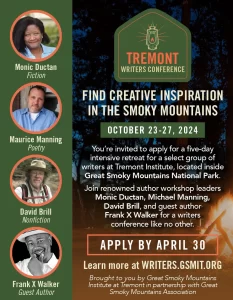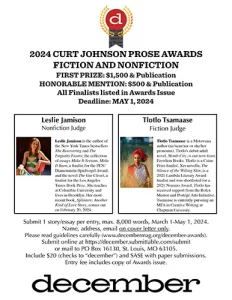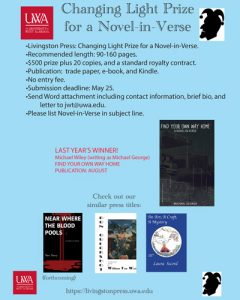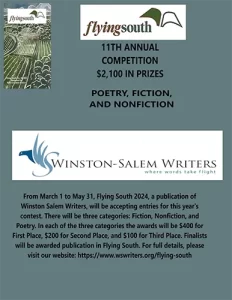Reed – 2008
2008
Annual
Rachel S. King
Reed is an annual journal from San Jose State University. This issue contains a few pieces of fiction, a lot of poetry, some art, a couple short essays, and interviews with Dr. Kenneth Coale, George Saunders, Dorothy Allison, and Gary Shapiro.
Reed is an annual journal from San Jose State University. This issue contains a few pieces of fiction, a lot of poetry, some art, a couple short essays, and interviews with Dr. Kenneth Coale, George Saunders, Dorothy Allison, and Gary Shapiro.
In Vincent Bergado’s “Sensational Recall: What Ails the Memoir,” he argues that memoir readers now expect to be shocked through memoir, as though the memoirist might as well have appeared in People Magazine or the Jerry Springer Show. While Bergado doesn’t completely discount the need for such memoirs, he applauds Bill Bryson’s The Life and Times of a Thunderbolt Kid as a pleasant counter example to this sensationalist fashion.
Of fiction, I loved Margaret Paterson’s narrator, Ishmael’s mother Haggar, in her “Outcast of Abram.” The biblical stories come alive anew from Haggar’s point of view. The excellent dialogue in Renato Escudero’s “Barrio Exorcism” places the reader solidly within an urban Chicano neighborhood, and Vanessa Farnsworth’s flash fiction, all-dialogue piece, “Free Radicals,” says a lot in a few words.
The poems in this issue favor a straightforward prosody, demonstrated best in Carl Auerbach’s prize-winning “The Problem of Evil” and his shorter “On Charity,” a descriptive poem which seems a case example of his more philosophical poem about evil. I also enjoyed Shannon Bowman-Sarkisian’s “You Can’t Write a Poem about September 11,” which ends, “Someone threw red roses out / the window and onto the platform / Every time / a plane flew overhead / the people ducked,” and Persis Karim’s “Conversation”: “In the story of brothers / and fathers, lost passports / and the ones they’ve never had / there is another story: / the way they name themselves, / languages that lie hidden / in the throats of their past.”
This issue of Reed could have done with one more read through by an editor, as I found typos or repeated paragraphs in a few places – specifically in “Poetry Incorporated” and a couple of the interviews. But despite these, D.E. Kern’s pride and enthusiasm in the editor’s note is well-founded: Reed’s selections are entertaining, informing, and challenging – adjectives which describe good art.
[www.reedmag.org/]




